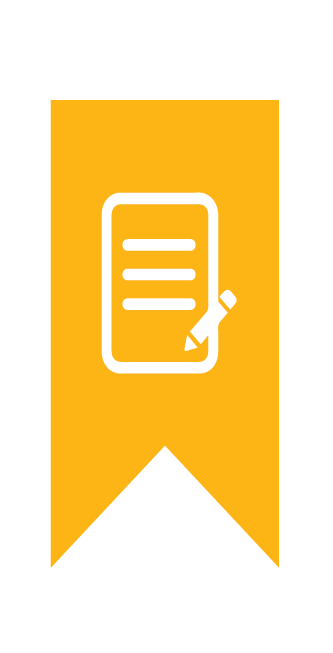Earlier this month in my newsletter, I told you the story of “The Man Who Lost His Job… Five Times.”
Like him, many others experience the after-effects of job loss—diminished self-esteem, depression, anxiety, and even grief.
But when that man experienced all these, he had to TRUST that these were only temporary.
“Everything happens for a reason. We need to keep our hearts and minds open to what happens to us as we go through life. Success may just be around the corner.” —Binky Kilayko (The Man Who Lost His Job… Five Times)
So…
How can we recover from the grief of losing our jobs?
How can we manage the stress of being unemployed?

Here are four things we can do.
#1. Explore extraordinary stories.
Read. There’s a bunch of stories online about self-made entrepreneurs, successful small business owners, corporate leaders, etc. Let’s take our pick.
Interact. We don’t even have to look far. I’m sure there are family, friends, or neighbors we admire because of of their accomplishments and how they succeeded in life.
Discover how they overcame life’s difficulties. Learn from their extraordinary stories.
Every time we get depressed, let’s remember these stories. If they can overcome their struggles, so can we!
#2. Assess if there are changes we need to make in your life.
When I was employed, was I missing a lot of family dinners and get-togethers? Am I in any of the recent family pictures?
When was the last time I went on vacation? Did my job keep me in the office? Was I on work-mode everyday?
In the process of tightly holding on to our jobs, we might have let go of other dreams and relationships in our lives.
This is an opportunity for self-assessment. We now have the time and energy to thoroughly evaluate our lives and implement the important changes.
#3. Upskill.
I can’t stress this enough. Whether we’re employed or unemployed, upskilling is always a good idea.
I always talk about investing in ourselves. Let’s not be afraid to spend resources on certification courses or trainings that will boost our competence. If we’re on a budget, let’s take advantage of the free learning opportunities and materials online.
Let’s address our weaknesses and/or reinforce our strengths. Let’s level up our credentials. Learn new things. Upgrade ourselves into a version 2.0. Prepare ourselves as an ideal candidate for that next job.
#4. Find the “transferable skills” from our hobbies.
What are my hobbies? How will I relate these hobbies to my next job? What are the transferable skills from these hobbies?

Let’s say my hobby is cooking. (A super far-fetched example) When I cook, I use my senses to assess if there are missing ingredients. I analyze, experiment, and investigate when cooking. How will I use this in my next job interview?
When we’ve been unemployed for a while, it might be a good idea to identify that period in our resumes as a “career break.” When a potential employer asks what we did during that time, explain how our hobbies have helped sharpen our skills or develop new ones. How will that help them when they employ us?
Keep in mind, everything we do in daily life has a practical application in our work.
It’s okay to look back in order to figure out what went wrong or what we could have done differently. But, it’s more important to look forward. Let’s set our sights on future goals.
***To learn more about career transition, grab a copy of my first book, CAREER SHIFT: Follow Your Passion. Binky Kilayko’s story is featured here.
***If you’d like to work with a CAREER COACH, feel free to get in touch with me and let’s talk!





